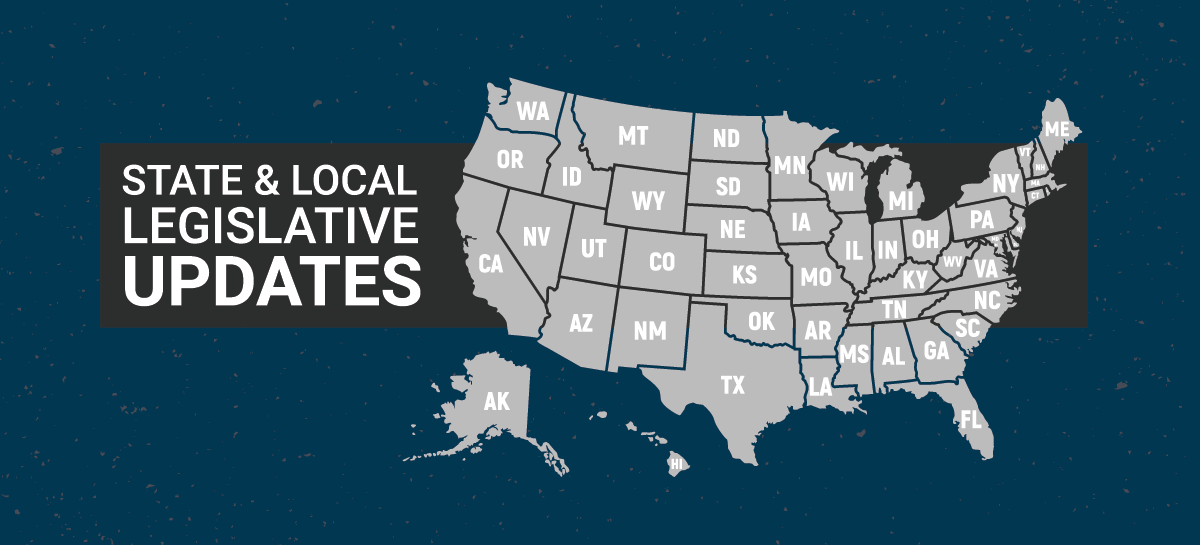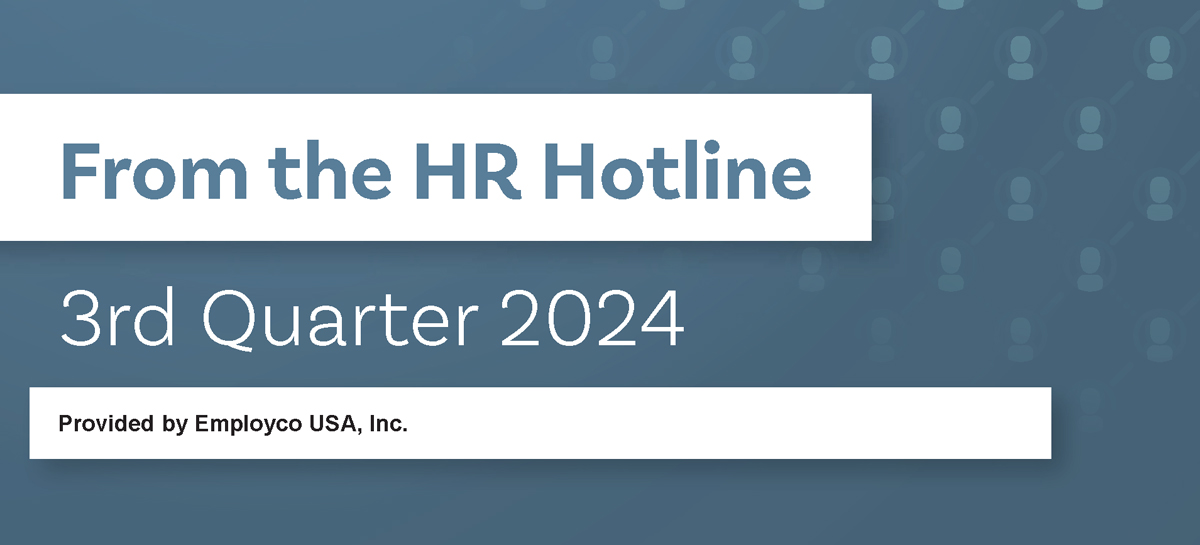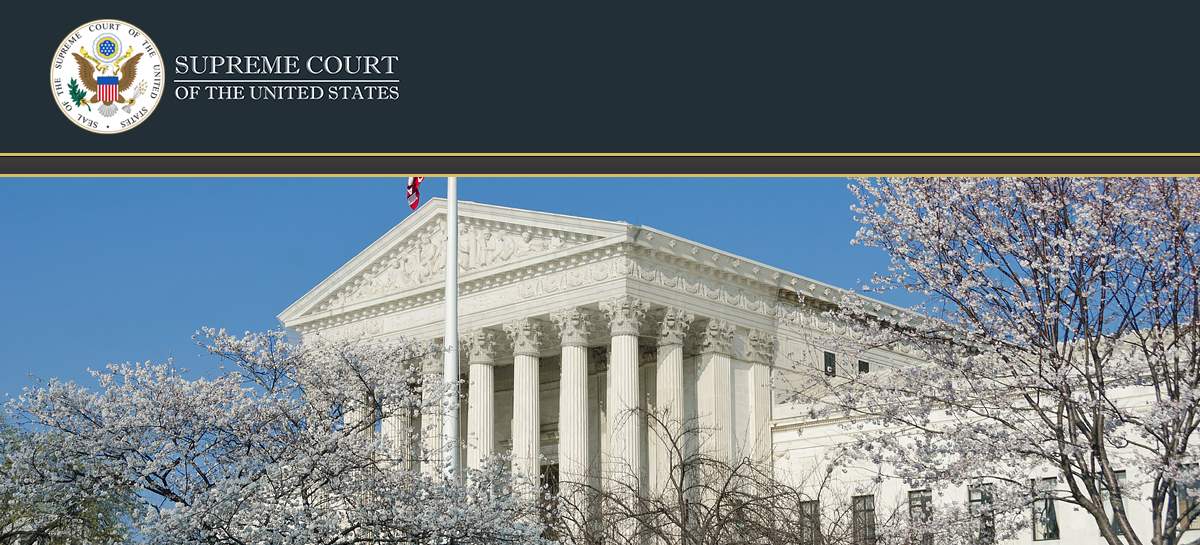Rob Wilson, President of Employco USA, was recently on CBS Pittsburgh w/Jon Delano to discuss bossware.
“It’s called bossware and human resource experts say it’s the latest use of technology for companies to keep track of their employees working from home; KDKA’s Jon Delano has more on this edition of the Sunday Business Page.”
Watch the full interview here:
https://www.cbsnews.com/pittsburgh/video/bossware-is-latest-tech-to-track-employees-working-from-home-sunday-business-page/








